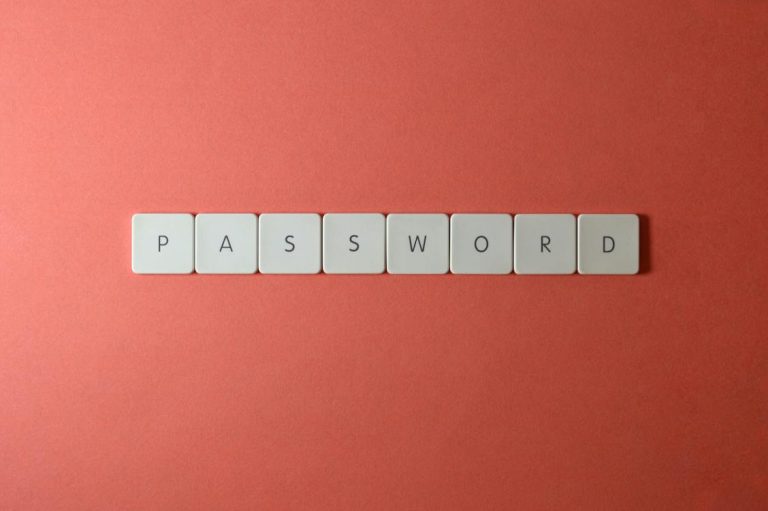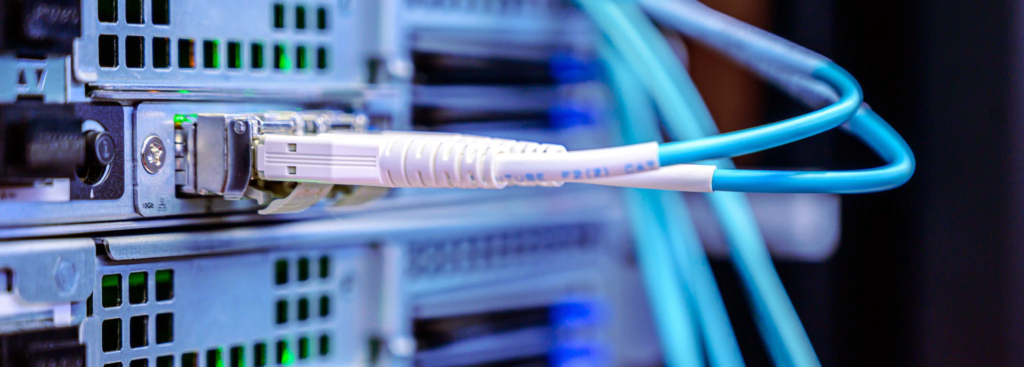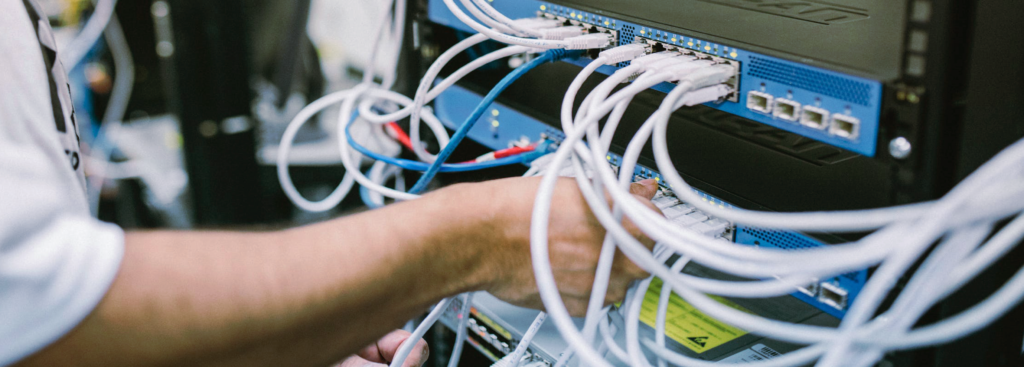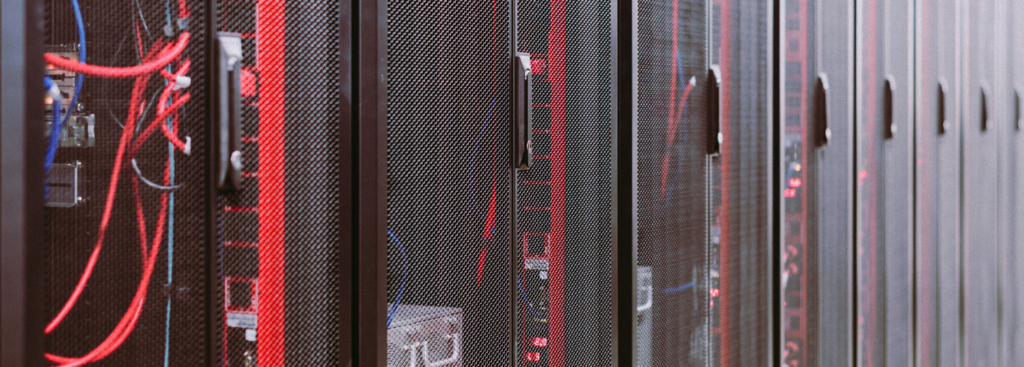You’ve probably already been in a situation where a document you’ve been working on hasn’t saved properly or is lost due to a computer malfunction, if only you had a backup! This is obviously frustrating, especially from a business point of view. Additionally, there are many more serious consequences than mere frustration if you lose more valuable documents or data files.
However, despite the clear dangers companies face from inadequate data backup processes, many simply don’t take the time to learn the established best practices out there. Thankfully, it’s not that difficult to backup data, but you’ll need to remain consistent in your efforts to keep your valuable files safe from theft and accidental loss.
So that you’ll know exactly how to backup files at your company properly, we’ve created a useful guide that explains everything you need to know. Take a look to find out the best way to backup data at your company or head over to our Workplace page to find more of our recent articles there.
First of all, why is it important to backup data?
Having a number of data backups is the only way to securely store and protect your critical business files and documents. At the end of the day, there’s a lot that could go wrong. From hardware and software issues to fires and floods! You simply can’t know when a disaster could wipe out your digital files.
However, it’s important to note that having only one backup is a recipe for disaster and may act as a Single Point of Failure. Without your valuable data and files available when your business requires it, you’ll probably see your bottom line suffer. So, what exactly should you do?
Well, if you’re wondering how to backup files, there are two key elements you need to take into account when establishing a data backup process.
- Firstly: ensure that you are always utilising two or more backup options.
- Secondly: perform routine (preferably daily) backups as often as possible. This is so that you can ensure you always have the latest versions of your files available as and when you need them.
Wondering how to backup files like a pro?
As we’ve mentioned, having a backup data process is a vital part of a modern business strategy. Thankfully, there are a whole host of potential mediums for you to make use of when backing up your sensitive files and data.
While some are a little more antiquated than others, what your business uses will depend on the scope of technology you have available at the current time. But, it’s worth noting that you should actively try to utilise the latest backup data hardware and software whenever possible.
CDs, DVDs, and Blu-ray discs
Using a disk of any kind store a backup of your data is relatively outdated by today’s standards. But, that’s not to say that discs aren’t still a reliable method for backing up your data.
The cost of new discs and the time it takes to burn them are noticeable drawbacks for this storage medium. However, if stored securely, the risk of potential loss, damage, or theft will be greatly reduced.
External Hard Drives
External and portable hard drives are still widely used by companies for data backups. In the past, external hard drives were limited to a wired connection. Now, they have the capacity to send and receive data wirelessly as well as through super-fast USB 3.0 connections.
External drives are extremely simple to use and many can be automatically set to schedule backups at certain times. But, there’s always the chance that an external hard drive could fail or become irreparably damaged.
USB Flash Drives
USB flash drives act as an extremely portable and cost-effective way to backup your files. Thankfully, you’ll find that many of the more modern models have USB 3.0 connections. So, you’ll be able to read and write data as quickly as possible.
While USB flash drives seem like the ideal form of storage, they are easy to misplace. Additionally, their size makes them a little more prone to accidental damage than other heavy-duty alternatives.
Cloud Storage
Cloud storage is often seen as the most convenient form storage for businesses. This is because price plans are generally based on specific data load requirements.
With cloud storage, you can remotely upload, view, download, delete, or replace your files by accessing a cloud server from anywhere in the world.
Are you still trying to figure out how to backup data securely at your company? For further information on how to backup data in the safest way possible, contact a member of our team.













